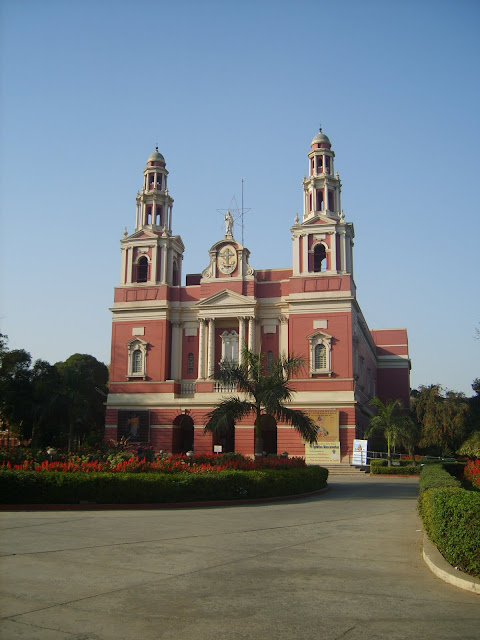We
are getting used to the lockdown – staying confined to our homes, not going out
and stocking up and rationing food. Some shops are still open. But it could be
risky visiting markets too often. People in the urban village across the street
are getting restive. Some of them are playing football while others while the
time on the terraces. Policemen, it seems, are taking a more human approach now
following widespread complaints on the first day. Did not see a single police
patrol vehicle throughout the day.
But
the remarkable thing that the virus has done to humans, apart from making them
sick and killing them, is to force them to bring their lives to a halt. The
downside is obvious but it is not without its positives. The air for example has
become much cleaner and the real colour of the sky (blue) is visible. Visibility
too has improved and I can see buildings that are at least eight to 10
kilometres away. I have become more aware of birds and animals and their
sounds.
One
of my acquaintances, Benoy Behl, says that it is easy to understand the
responsibility of human beings in destroying the habitats of bats and other
animals and keeping them in conditions of “extreme stress and misery.” Animals that
are used to running around or flying free are in terrible circumstances
sometimes in cages one of top of another. Chicken are kept awake all the time
so that they eat more and fatten quicker for our tables and are kept in crowded
conditions. Their resistance to disease therefore naturally is impaired as circumstances
for them are terrible and terrifying for them. They could easily become the
breeding grounds for deadly viruses that we are seeing with increasing regularity
in recent years.
Mr.
Behl, who photographs and documents Indian art and architecture, feels that
Indian philosophy holds out a positive message for the world at this juncture
as we all try to figure out and tackle the calamity that seems to be overtaking
us. in Indian philosophy,
he says regarded all the living beings of the world as deeply united. “There is
no separate compartment for animals or birds. They are all ‘jeeva’, living
beings. We are helped to understand this by the concepts of our own past births
in the form of different animals. Even the Buddha is seen in previous births as
a buffalo, as a monkey, a boar, an elephant and so many other animals.
“We are indeed taught to
respect the dignity and emotions of all the animals and birds around us.
I am putting a photograph of
the Mahisha Jataka, in a 5th century painting taken by Mr. Behl.
Gautama Buddha is seen in a previous birth as a buffalo. The pesky monkey troubles
him but the kindly bodhisattva does not mind. In fact, you will see a smile on
the face of the Mahisha (buffalo).
“If we are daily guided by
love in all that we do, all will be fine in this world and there will be no
terrible epidemic after this one.”
Very
useful advice as we are forced to rethink the way we organised our lives. In fact,
it echoes the thoughts of the father of the nation Mahatma Gandhi, much reviled
and little understood by contemporary Indians.


No comments:
Post a Comment